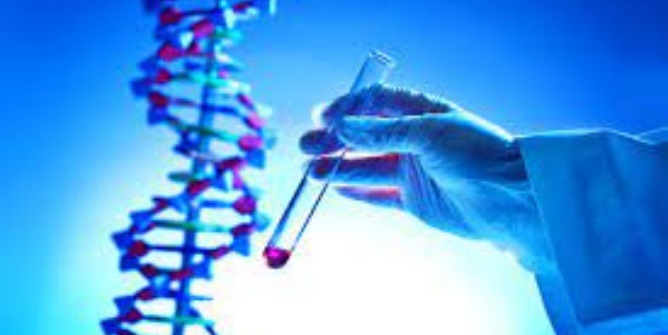
NHLBI Grant Supports Scientific Research to Enhance Hemophilia A Gene Therapies
The new grant will fund basic and translational studies to improve gene therapies for hemophilia A.
A group of investigators are embarking on a new research program designed to unpack some of the outstanding fundamental questions associated with current approaches to gene therapy for hemophilia A. While multiple gene therapies are currently in various stages of preclinical or clinical studies there remain concerns relevant to the biological nuances affecting long term safety and efficacy.
The new program, which is being supported by a $12 million grant from the National Heart Lung and Blood Institute (NHLBI), represents a multi-institutional effort to ultimately help improve these therapies. It will be led by Roland Herzog, PhD, at the Indiana University (IU) School of Medicine.
Herzog is the Director of IU’s Gene and Cell Therapy Program. He was also a recipient of NHF’s Career Development Award from 2000-2003, for his funded project “Immunology of Liver-Derived Expression of Factor IX from AAV Vectors.”
“Several companies have taken this forward into clinical trials, and in some of these trials, the patients initially looked like they were cured,” said Herzog, who is the Riley Children’s Foundation Professor of Immunology. “But what they all have in common is that they need to deliver a lot of the virus in order to get the desired results, and over time clotting factor levels started to decline. So, it’s clear that we need to further study the biology of this phenomenon.”
According to an IU School of Medicine press release this program will include three major projects, with investigators conducting molecular-level analysis of key components in liver-directed gene therapy, including human liver cells and factor VIII (FVIII) viral vectors. Herzog and his colleagues hope to garner new insights that can ultimately lead to lower levels of cellular toxicity and “improved longevity of FVIII production” in individuals who are treated with gene therapy for hemophilia A
“This is an incredibly significant and urgent medical question, and it requires the synergy of multiple groups with different expertise to come together and solve a problem that they wouldn’t be able to solve on their own,” said Herzog. “My hope is that our studies will help the field as a whole move toward curing hemophilia A.”
Source: Indiana University School of Medicine news release dated March 8, 2022, published by the National Hemophilia Foundation, April 2022.